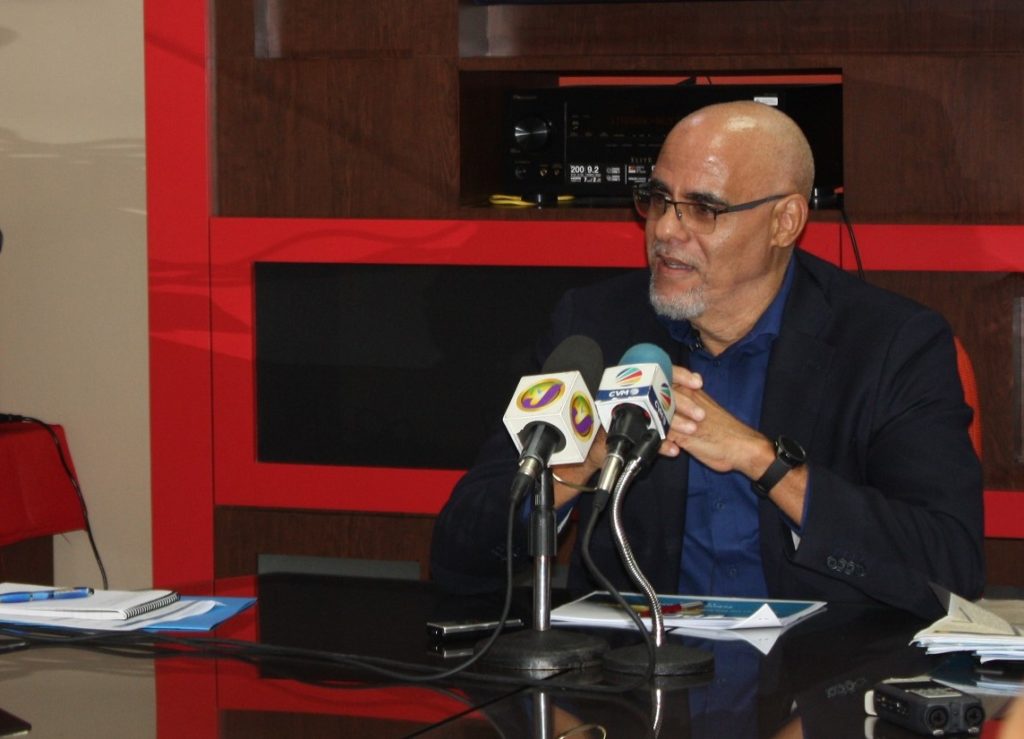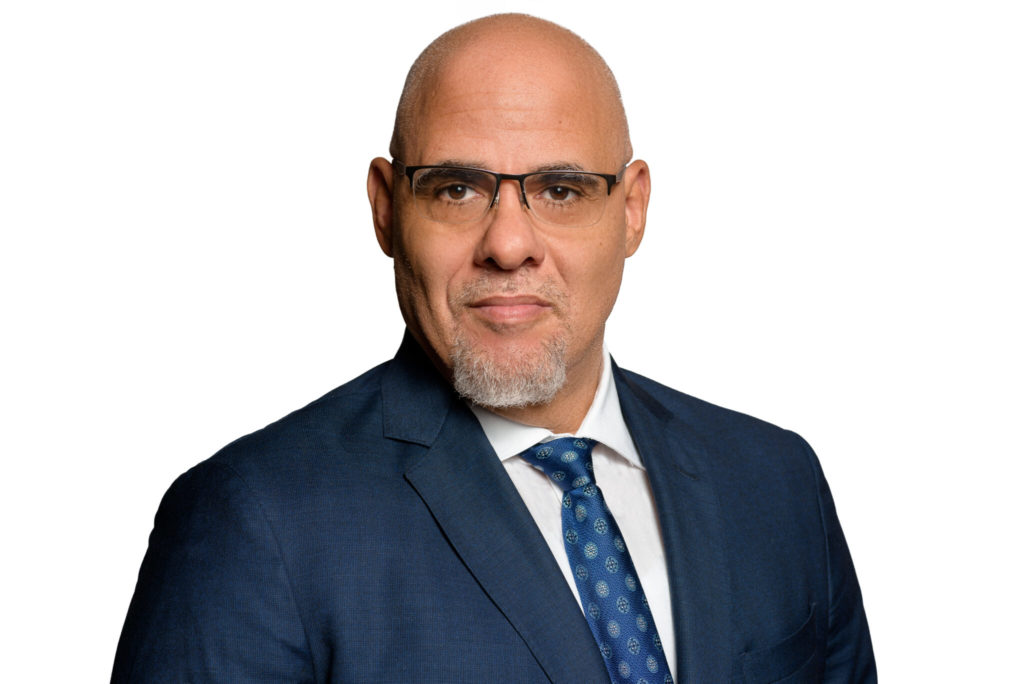
Poster child for other countries

Jamaica’s debt reduction efforts have been lauded by many reputable economic institutions as it closes in on reducing its debt-to-GDP ratio by almost half in 10 years.
This is a feat not accomplished by other countries.
Only last month, in an article headlined ‘Jamaica is doing great, thanks’, the Financial Times wrote: “Just take a look at how Jamaica’s debt to GDP ratio has gone from a peak of 147 in 2013 – one of the highest in the world and wildly high for a small poor country – to about 86 per cent at the end of last year.
“And that after it spiked back above 100 per cent in 2020 after COVID-19 hammered Jamaica. By 2025 the IMF predicts it will fall to about 71 per cent. Still high, but almost half where it was just a decade ago.”

Jamaica is now the poster child for the reduction of debt in an inflationary environment, bettering countries like Greece, Turkey and Argentina. Should Jamaica be getting props for this performance?
The question was posed to the chairman of the Economic Programm Oversight Committee (EPOC,) Keith Duncan, during a recent press briefing.
“It is kudos to Jamaica. It has been achieved over three administrations. We started in 2010 with the fiscal responsibility laws put in place by the then Bruce Golding Administration. In 2012 we had the IMF deal under the Portia Simpson Miller-led government where she had to really bat to get that extended fund facility in place. It saw Jamaica endure astute austerity measures, wage freezes and tough conditions which paid off. These were continued by the Andrew Holness-led administration.
JAMAICA A POSTER CHILD FOR IMF, WORLD BANK
“That all means that, as a country, if we determine what is right for Jamaica, you see what we can achieve. Hopefully we can achieve this kind of consensus in other areas. We should implore our leaders to work with this consensus approach in education, crime and violence and other areas of national significance. We should encourage them to get the alignment of our people.”
The way the chairman of EPOC sees it, Jamaica is already the poster child for the likes of the IMF and the World Bank – ‘The Usain Bolt of debt reduction’.
He says Jamaica has to get to a point where its citizens feel the benefits in their pockets.
“As the economy grows and we are able to free up fiscal space, we can address capital expenditure, pay better public sector wages, see to infrastructure projects and social programmes.
“When you now look at social spending for the vulnerable, that has increased at a faster rate than even tax revenues. That is how you manage so you have fiscal sustainability and free up resources to invest in your people. If you increase productivity of your public services, you are increasing GDP,” said Duncan.

Duncan, who is also CEO of JMMB Group, is calling for greater efficiency in light of the big increase in public sector compensation which will now go up by J$95 billion.
He drew attention to the stipulation that public sector wages should be nine per cent of GDP but was now at just over 11 per cent of GDP. That was set back in 2013 in a different context and maybe has to be re-examined.
“What we don’t want to compromise on is our debt reduction strategy. This helps us free up resources,” said Duncan.
The Financial Times article seems to agree with Duncan on progress made.
“There aren’t many happy economy stories out there right now, and Jamaica isn’t without its blemishes either. But compared to where the country was a decade ago-where even Jamaica’s finance minister warned that the ‘survival of the Jamaican nation as a viable’ ‘nation state’ was at stake – this is as close to a miracle you’re ever likely to see.”







Comments